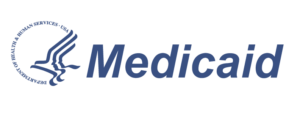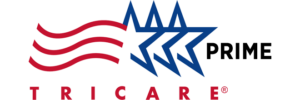
Understanding your health insurance and the benefits coverage you will receive is essential in the therapy process.
What is Health Insurance?
Health insurance is designed to protect you and your family from the costs of the medical services you or your family may need. For the purpose of this blog, the services we will be discussing are your child’s therapeutic services. After you choose a plan, you agree to pay a specific rate, or premium, each month. Your insurer then agrees to pay a portion of your covered healthcare costs.
In-Network Coverage
Basal Therapies is “in-network” with many major insurance companies including Cigna, United Healthcare, Tricare, Aetna, and Medicaid. These companies have a contract with Basal Therapies. This means that if you receive covered services from an “in-network” provider, you may only need to pay your deductible and any applicable copay or coinsurance. Reminder: You will not be billed for the balance that the provider bills the insurance company if you are “in-network.”
Out-of-Network Coverage
These are insurance companies that do not have contracts with Basal Therapies. Our largest out-of-network company is Carefirst, Blue Cross Blue Shield plans. If you receive covered services from an out-of-network provider, the insurance company may pay a partial amount, or none, of the charges depending upon the terms of your policy. There is also a possibility that your copayment or coinsurance may be larger than if the services had been provided by an “in-network” provider.
What is a Deductible?
This is the amount you pay for covered health care services before your insurance plan starts to pay. This amount is typically listed on your insurance card or in your certificate of insurance. You are responsible for the full allowable amount prior to meeting your deductible. Allowable amounts differ based on service(s) and length of time seen. (Please see below for more information on allowable amounts)
How Do I Know If I Have a Copayment?
A co-payment (“copay”) is a fixed amount you pay for a covered health care service after you’ve paid your deductible. Typically, this amount varies based on the type of service you may be receiving. Copayment amounts are typically listed at the bottom or on the back of your insurance card.
What is My Allowable Amount?
The maximum amount the insurance company will use when deciding what to pay for a covered health care service. This is sometimes referred to as “payment allowance” or “negotiated rate.” The allowable amount is also utilized for calculating your coinsurance. The allowed amount will be described in your policy or certificate of coverage and is determined by the contracted rate with Basal. You may have to pay the difference if your provider charges more than the allowed amount and is not an “in- network” provider.
How is My Co-Insurance Determined?
Co-insurance is the percentage of the allowed amount that you are responsible for paying. This percentage varies depending on the type of services you receive and how long you are seen for. The co-insurance is calculated based on the full allowable amount for all services rendered.
What is an Explanation of Benefits (EOB)?
An explanation of benefits isn’t a bill. An EOB helps you to understand how much your health plan covers and what you’ll pay when you receive a bill or are asked to pay for services up front. It contains a lot of important information and is a document you will want to review each time it is received. In the document, you will find information about your health care plan, details about the claim, details about how payment was made to the provider, and what the patient’s responsibility should be. The patient’s responsibility listed is then paid directly to the provider. Typically, you do not pay an insurance company more than your monthly premiums.
Every insurance plan has its own set of covered and non-covered services. It’s important to take the time to review and understand your coverage before getting started with services!
Basal Therapies always provides you with a courtesy insurance coverage check, however, this may not be comprehensive. For that reason, one of the best health insurance tips is to contact your insurance company directly for coverage details.









